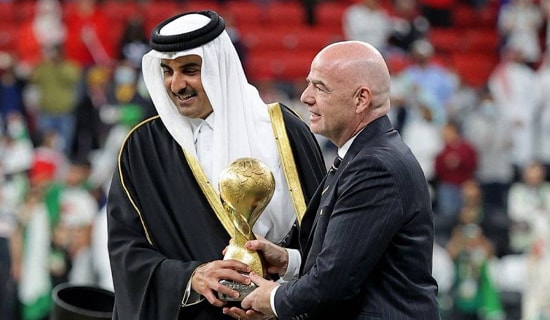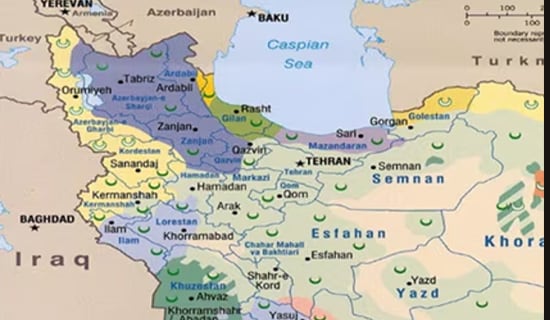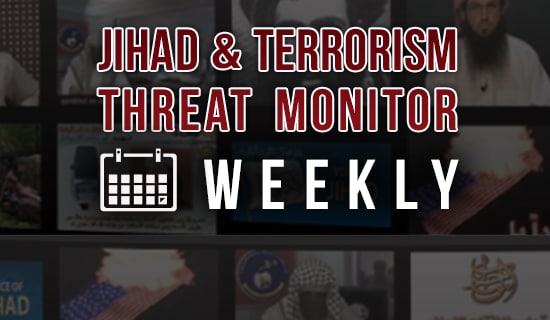In a September 12, 2021 article, Khalid bin Hamad Al-Malik, editor of the Saudi daily Al-Jazirah, responds to the news that a new government has finally been established in Lebanon, headed by Prime Minister Najib Mikati, after more than a year since the Beirut Port blast during which the country did not have a functioning government. Al-Malik writes that no hopes should be pinned on this government, for it is not likely to extricate Lebanon from its many problems, especially from the economic crisis that has brought the country to the point of collapse. He adds that this government, which was approved by Iran, will be just like its predecessors because it perpetuates Iran's and Hizbullah's hegemony over the country. Lebanon will not be able to revive, he argues, as long as it is controlled by Hizbullah and its allies: President Michel 'Aoun and the Free Patriotic Movement, headed by his son-in-law Gebran Bassil. In response to Makati's call for the Arab countries to come to Lebanon's aid, Al-Malik states that Saudi Arabia and the Gulf states are not cash cows and will not help Lebanon as long as Hizbullah continues to control it and to act against them, especially against Saudi Arabia itself. He urges Mikati's government to return Lebanon to the fold of the Arab nation, and to bring an end to the Iranian interference in its affairs and to Hizbullah's control of the country.

Khalid bin Hamad Al-Malik (Source: Twitter.com/1khalid_almalik)
The following are translated excerpts from Al-Malik's article: [1]
"At the end of a long wait, a new Lebanese government has [finally] been announced, comprising 24 ministers… The new government was formed after the Iranians green-lighted it, and it perpetuates Hizbullah's control over Lebanon's decision-making centers, as Kataeb Party leader Sami Al-Gemayel noted.
"The question is whether the agreement on a new government means that the crisis in Lebanon is over and that the country has now emerged from the dark tunnel and the paralysis, which has been accompanied by hunger, unemployment, corruption and embezzlement, and to the [political] parties' [habit of] competing to thwart the proposed plan for preventing Lebanon from sliding into hell. In our opinion, the answer is that the future of Lebanon is in the hands of the devil, namely Hizbullah, along with Lebanese President [Michel 'Aoun] and the Free Patriotic Movement, [headed by former foreign minister Gebran Bassil].
"Lebanon will not return to life as long as [Michel] 'Aoun, [Hizbullah secretary-general Hassan] Nasrallah and [Free Patriotic Movement leader Gebran] Bassil hold the reins of power, even if the [new] government was formed following concessions by Prime Minister [Mikati] and President ['Aoun]. It is also said that President 'Aoun has ensured himself a blocking third, even if only indirectly[2]…
"Lebanese Prime Minister Mikati speaks of Lebanon as part of the [Arab] world, and says that it currently needs the help of [its] Arab brethren – as though the Arab countries are just cash cows whose role in Lebanon is limited to providing funds without [Lebanon having to enact] any reforms, and while Hizbullah continues to lead it into conspiracies against its sisters [the Arab countries]. .
"When the Lebanese prime minister says that his Arab brethren must help Lebanon, he probably means Saudi Arabia, Kuwait, the UAE and Qatar, which Lebanon has relied on heavily [in the past] to resolve its economic and financial problems. But it won't happen this time, unless the new government proves that Hizbullah has stopped its conspiracies against these countries, especially against Saudi Arabia.
"As long as Iran [continues to] direct Hizbullah and see Beirut as one of its capitals, and as long as Hassan Nasrallah does not refrain from insulting the [Saudi] kingdom in his speeches and interfering in the affairs of the Gulf Cooperation Council [GCC] states by inciting some of their citizens to foment chaos and undermine [their] security, I do not think that Mikati's call will be heeded, even if he says that Lebanon needs the Arab countries and belongs to the [Arab] fold.
"The U.S. and the European bloc, especially France, expressed an interest in the Lebanese issue, and promised to support Lebanon and ease the [economic] burden on its citizens if a government is established and if it commences to enact reforms. [But] it remains to be seen what these countries will [actually] do to help Lebanon, for they [tend to] assist it with many words but with little money, leaving the real assistance to the Gulf states…
"As for Iran, it will not change its position of conspiring against Lebanon and thwarting all initiatives to extricate it from its condition. Tehran will continue to extend significant assistance to Hizbullah, so it will perform its role of implementing the Iranian policy of fomenting chaos and instability in Lebanon and in other countries of the Arab region. This is the challenge that Mikati [now] faces, just as his predecessors faced it before him.
"Speaking of Hizbullah, remember that, having failed to enlist [the help of its [Shi'ite] supporters in the Gulf, the weapon [it now employs against the Gulf states] is smuggling drugs into [their territory] in an attempt to harm their peoples. When the [Saudi] kingdom banned the import of Lebanese [goods], and limitations were imposed on this cursed organization [Hizbullah], [3] it began smuggling the drugs through other elements, although it failed to achieve its objectives [even] by means of this despicable activity.
"What the Najib Mikati government must do, if it can, is prevent Hizbullah from thwarting the aims of returning Lebanon to the Arab fold, ending the Iranian interference in Lebanon's affairs, and putting an end to Hizbullah’s control of the government…
"Mikati and the members of his government… are responsible for exposing who was behind the explosion at the [Beirut] Port [in August 2020], without delay, and without shirking their responsibility and laying the blame on some unknown element…
"Finally, I wonder what Mikati will do about the electricity, fuel, medicines and unemployment crises, about the Beirut Port blast affair and the corruption [rampant in the country], and about the issue of the money smuggled out of the banks. I wonder [how he will act] to improve the relations with the Arab countries and to extricate the country from Iran’s control and influence, and how he will handle Hizbullah, considering how much its military might has grown at the expense of the [Lebanese] army and security apparatuses. I wonder how he will handle all the other challenges that have no beginning and no end.”
[1] Al-Jazirah (Saudi Arabia), September 12, 2021.
[2] The reference is to the fact that more than one-third of the ministers in the government are loyal to 'Aoun, giving them veto power over important government decisions.
[3] For more information see MEMRI Inquiry and Analysis Series No. 1573 – Saudi And Lebanese Accusations: Hizbullah Is Operating A Network For Smuggling Drugs To Saudi Arabia And The Region; It Has Turned Lebanon Into A Base For Exporting Drugs And Terrorism, April 28, 2021.








